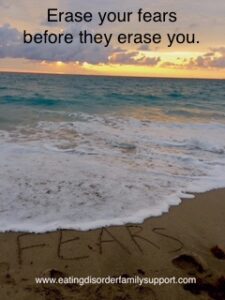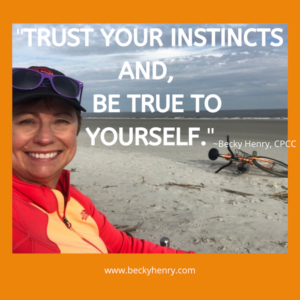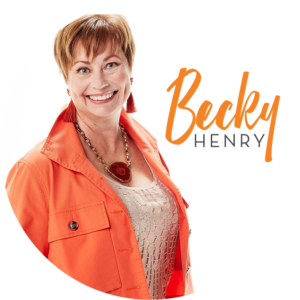 “Who do you be?” That is a question most coaches are familiar with even though it is improper English. Gaining clarity on who we are and what matters to us gives us insight into not only ourselves but gives us insight and clarity on our values. What does this have to do with making the zillions of difficult decisions as a family caregiver, you might be wondering?
“Who do you be?” That is a question most coaches are familiar with even though it is improper English. Gaining clarity on who we are and what matters to us gives us insight into not only ourselves but gives us insight and clarity on our values. What does this have to do with making the zillions of difficult decisions as a family caregiver, you might be wondering?
We hear about corporate values, like Patagonia stating that they use business to protect nature and family values that can be cultural and traditional that guide moral and ethical principles. They might even dictate family work ethic or spiritual behaviors. Often though we may not have clarity on how to tap into what is really true for us personally and how to utilize those beliefs to guide us in decision making when a lot of fear is present.
Fear can drive decisions when we’re not clear on our deepest core values…Family caregivers of those with eating disorders have so many small, medium and large & even life saving decisions to make it can be exhausting, overwhelming and perplexing.
I’ll use the example of going back to school that so often comes up in decision making during an eating disorder. Parents often share that they highly value education (what could possibly be wrong with that?) and so they want their child with an eating disorder to stay in school. And yet, when we peel away the layers to what is most important to the family values, the health and wellbeing of their child usually tops education. So what is getting in the way of seeing and accepting that the number one priority is treating the eating disorder and then going back to school?
Often, fear is getting in the way of grasping the seriousness and dangers of the illness. And ironically what is needed is education to learn  about the seriousness of eating disorders so fear and panic don’t keep us as humans from looking deeper at the thing that scares us. We often avoid it and let fear make the decisions. Until the next round, next year when we’re faced with the same situation again.
about the seriousness of eating disorders so fear and panic don’t keep us as humans from looking deeper at the thing that scares us. We often avoid it and let fear make the decisions. Until the next round, next year when we’re faced with the same situation again.
What if we could notice that we’re in a state of fear? What if we could have a trusted guide to ask us powerful questions and shine the light on our values so we could make solid, efficient decisions that keep us staying true to ourselves and are in alignment with our deepest values?
Yes, I have huge compassion and empathy for the concept that “school will give my child the needed structure and positive reinforcement they need to help them with their recovery.” Feel free to ask me about why I get that on a deep personal level. School makes sense when the child has progressed enough in their recovery that they’re able to do both school and the ongoing recovery work. This big decision needs to be made based on facts from an educated, informed standpoint and not on hope alone. Yes, I’m a huge promotor of hope…and it’s not a solid plan alone. 😉
It takes great courage to make each and every one of the very difficult decisions we must make as family caregivers.
Here are my 5 tips for today to make difficult  decisions:
decisions:
- Get clarity on your core values – do the work and get help if needed to know what they are.
- Learn to trust your gut.
- Ask yourself, “What do I know to be true?”
- Be brave and stare fear in the face and check in, “Am I allowing fear to guide this decision?”
- And lastly ask, “What boundary do I need to hold firm?”
I invite you to try these tips out when you’re making some of the small, medium and larger decisions. Again, you may need help to clarify your top core values first. We often think we know what those are until we start really exploring and then they become clearer.
Asking yourself these questions might help you gain clarity on your role as the family caregiver/parent/partner/etc., they may help you as you choose a treatment program as you ask what their practices and protocols are and my hope is that they will help you figure out what those boundaries are and what the answer is that you’ve been avoiding speaking out loud.
I know, you’re justifiably terrified. You do not have to do this alone. Since 2003 I’ve been saying, “No one should have to do this alone” and that includes you. Eating disorders are complex, multi-faceted, biopsychosocial illnesses that have one of the highest mortality rates of any psychiatric illnesses. This is not a phase and it will not pass without proper treatment.
Yes, I’m asking you to trust yourself and others, be true to yourself, stand in integrity and be courageous in the face of all of this. You have done hard things before, you can do this. Who will you be? In 10 years what do you want to be able to say?
With compassion and love,

